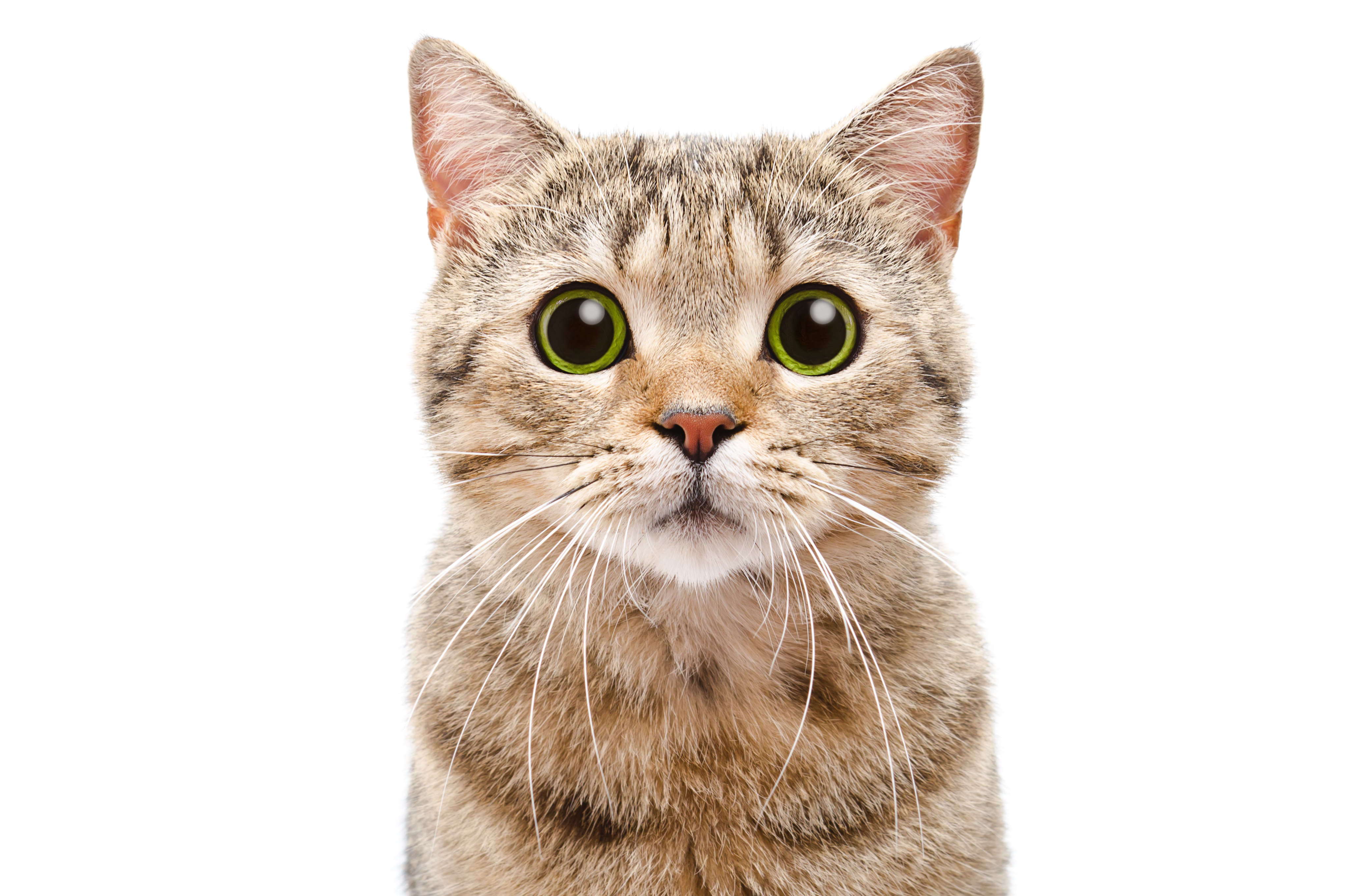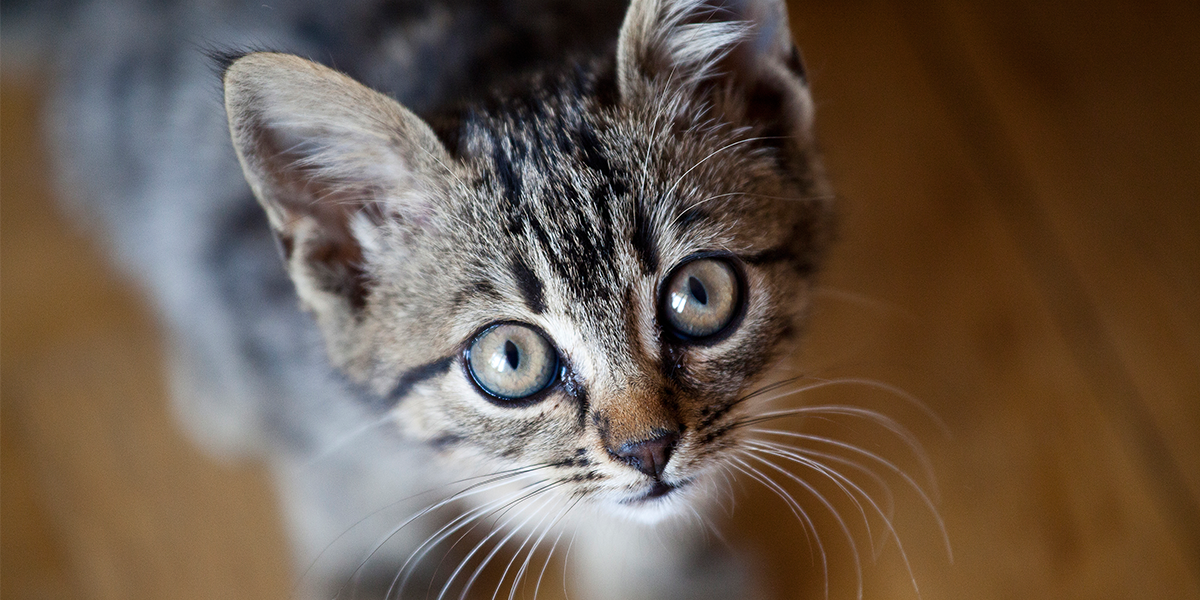For the love of cats: Top 10 cat facts

No one cat is the same, so we grabbed the top ten cat facts from the RSPCA to help you understand a bit more about cat behaviour and biology:
1. Cats have highly developed senses. Cats can detect higher frequencies of sound than dogs or humans. They have an excellent sense of smell, superior to humans and they can see better than us in dark and dim light!
2. Cats are expert hunters. Cats hunt alone - in the wild they'll spend 6-8 hours a day hunting. They can hear the high pitched frequencies used by small rodents and their whiskers or 'vibrissae', are highly sensitive to vibrations, helping them to detect prey.

3. Cats are agile. Cats have powerful, tightly controlled muscles and fast reflexes that allow them to move quickly and gracefully. They are skilled at running, jumping, climbing, and stealthily stalking prey.
4. Cats use a range of methods to communicate. Communication sounds include purrs, 'meows', trills, chirrups, growls, yowls, and hisses. They also communicate visually using different body postures as well as visual markers such as scratch marks or the deposition of faeces.

5. Cats are independent. Survival is a solitary affair for cats; they are self-reliant for food, shelter, grooming and territory defence. They can be social but prefer to choose their own companions.
6. Cats are territorial. A cat's territory is an area that is defended, aggressively if required, against other cats. They use a range of methods to mark their territory, including scratching, spraying urine and depositing faeces.

Image credit - Well Pet
7. Cats are meat eaters. Meat is an important part of a cat's diet. Eating meat is important for cats; they cannot survive without the nutrients found in animal-derived materials.
8. Cats love cat naps! Domestic cats sleep for 12-18 hours a day! Sleep allows energy resources to be replenished so is vital for a predator that needs to be ready to hunt whenever it detects prey.

9. Cats are playful. Cats are intelligent and need both mental and physical stimulation. Play is important as it improves motor skills, provides brain training and encourages social behaviour.
10. Cats are clean animals. Tiny abrasive hooks, found on the centre of cats' tongues, helps them to groom themselves efficiently. Grooming keeps a cat's coat in good condition and also helps to remove fleas and other parasites.



